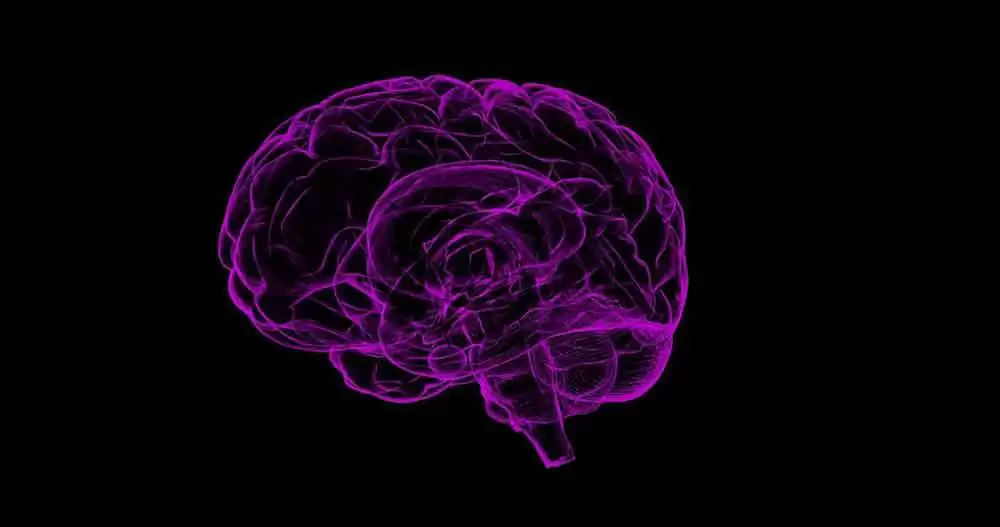Celiac.com 10/04/2023 - Neuropathic pain is a challenging condition with complex diagnostic and treatment issues. Although we've made progress in understanding and treating neuropathy, many aspects of this condition remain unclear. One intriguing aspect of neuropathy is that it can cause both sensory loss and pain, despite being driven by abnormal nerve signaling.
Voltage-gated sodium channels, crucial for proper nerve function and communication, can go awry in neuropathy, triggering hyperexcitability and pain. Even with a number of diagnostic tools available, neuropathy patients often face delays in getting an accurate diagnosis for the underlying cause.
Celiac.com Sponsor (A12):
The research team included Giustino Varrassi, Stefano Tamburin, Panagiotis Zis, Vittorio A. Guardamagna, Antonella Paladini, and Martina Rekatsina. They are variously affiliated with the department of Pain Medicine, Paolo Procacci Foundation, Rome, ITA; the Department of Neurology, University of Verona, Verona, ITA; the Department of Neurology, University of Cyprus, Nicosia, CYP; the depertment of Anesthesia, IEO, Milano, ITA; the Department of MESVA, University of L'Aquila, L'Aquila, ITA; and the department of Pain Management, Basildon University Hospital, London, GBR.
The prevalence of pain varies depending on the type of neuropathy, with chronic idiopathic axonal polyneuropathy being one of the most painful forms. In fact, more than half of patients with this condition experience pain.
A newer consideration in the world of neuropathy is gluten neuropathy, a type of peripheral neuropathy. Detecting this condition may require specialized tests, like electrochemical conductance testing of the hands and feet to assess sudomotor dysfunction, aka sweat gland innervation. For people with confirmed gluten sensitivity or celiac disease, gluten neuropathy is a common neurological complication, and adopting a gluten-free diet can help alleviate some of the symptoms.
In Greece, a neuropathic pain registry was established in 2014 to collect real-world data from neuropathic pain patients. While still in its early stages, this registry has already provided valuable demographic and treatment information. Interestingly, the data suggests that many patients are not receiving optimal prescriptions and recommended interventional procedures.
Many Greek pain clinics are working to raise awareness among people who suffer from neuropathic pain, and to encourage their participation in this crucial registry, which could help to improve the understanding and management of neuropathic pain more broadly.
Read more in Cureus.com










Recommended Comments
There are no comments to display.
Create an account or sign in to comment
You need to be a member in order to leave a comment
Create an account
Sign up for a new account in our community. It's easy!
Register a new accountSign in
Already have an account? Sign in here.
Sign In Now